15 Dos And Don’t Of Eating In Italy part 1 – that will be the topic of today’s article.
Before introducing this article, if you are interested in our core services which are expat financial, insurance and mortgages, you can contact me here.
The best time to consider your financial situation is when you are moving to a new country.
Introduction
It is important to understand the Italian lifestyle if you consider living in Italy. The history of this beautiful country has greatly influenced how Italians live today. Therefore, understanding the past will help you better grasp the culture and daily life of an Italian citizen.
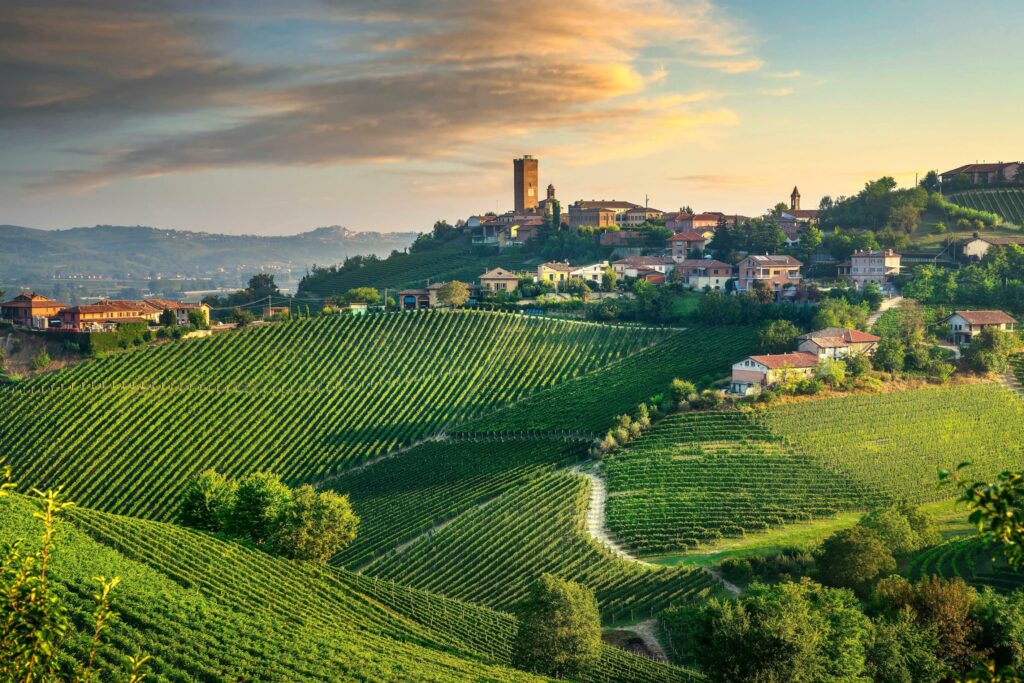
For example, it can be said that there are very distinct regional characteristics. For instance, someone living in a more rural Italy will typically have a very different lifestyle from someone who lives in a major city. However, Italy is an industrial country, and many corporations provide work for Italian citizens.
Therefore, people all across the country live the Italian lifestyle, which consists mainly of family time and social gatherings. In order to better understand Italian life and how to fit in, we will highlight the lifestyle of a variety of people – from those who live in rural Italy to those living in major metropolitan areas like Rome and Milan.
Even though the Italian lifestyle varies from person to person, there are some common characteristics that almost everyone living in this beautiful country will experience. First of all, work-life and family time is very important in Italy.
Like most other industrialized countries, people typically work during regular business hours and then return home to spend time with their families. If you’ve been surfing the web to check the dos and don’ts of living here, look no further as we’ve got you covered today. Read further to understand better!
Overview of the Pros and Cons of Living in Italy Today
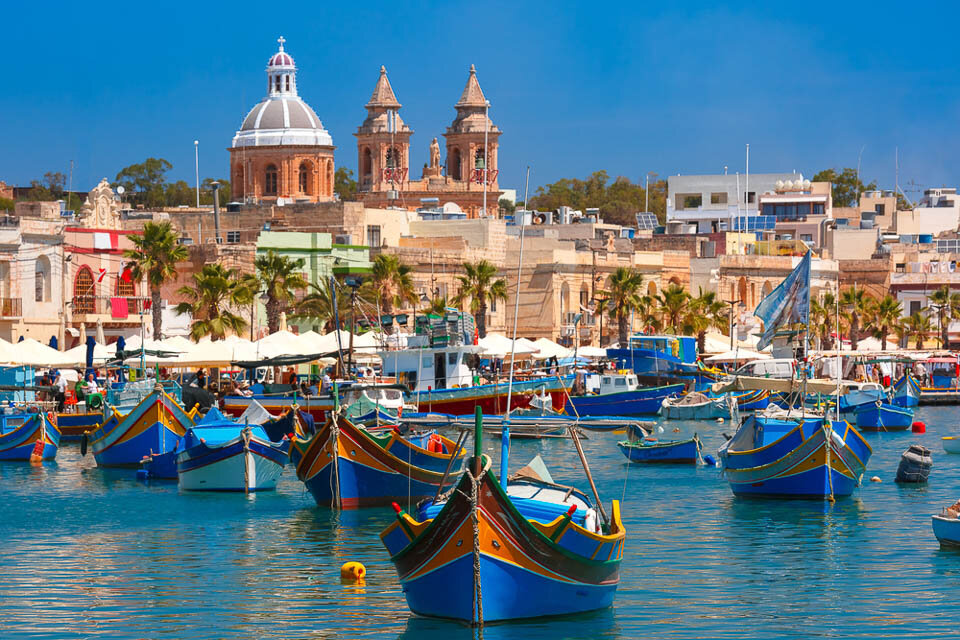
Living in Italy has many pros and cons, with the most important one being the cost of living. There is a high demand for English-speaking jobs, especially those that require less experience, such as call center or help desk work.
Most Italians speak excellent English, with many international schools available. This allows children to become fluent in another language at an early age giving them a head start when it comes to communication in the future. There are both state and private schools available in Italy with teaching in Italian or English depending on the school.
Although Italians speak excellent English, but there is still a large demand for translators and interpreters. This allows native speakers of other languages to find work even if they are not fluent in Italian, as most Italians speak good English.
In this section, we will walk you through the pros and cons of living in Italy as a foreigner. After that, you’ll know the dos and don’ts of eating in Italy as a foreigner. Does that sound like something you’d love to learn? If you answered yes, take a look at what we have for you.
Pros
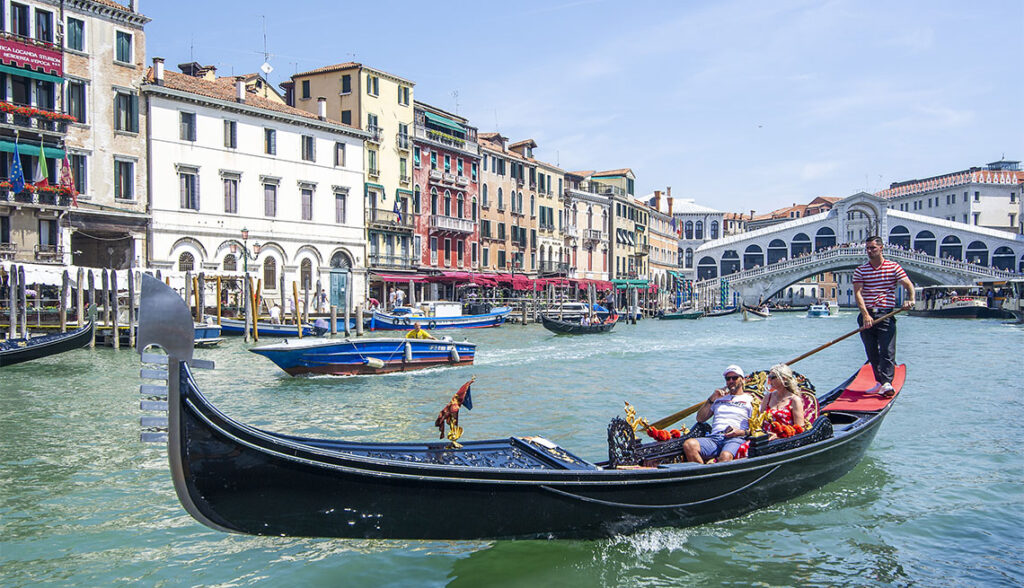
1. The Food
Italy is internationally known for its fine and diverse cuisine, and Italian gastronomy has developed through centuries of social and economic changes. This rich tradition, which also includes an abundance of different desserts and sweets, makes eating in Italy an absolute pleasure – there is no need to force yourself to eat simply because it is ‘healthy’: Italian cuisine is about eating the right amount of delicious food.
2. The Wine
Italy has a long and illustrious history of cultivating vines for winemaking. The country’s fine wines have been exported worldwide for many centuries and are today a major international commodity.
3. The Climate
Italy has a generally warm and sunny climate all year round, but the country’s diverse topography creates different microclimates across short distances. There is one area where you can experience hot-summer Mediterranean climates with dry, hot summers and mild winters, as well as milder areas on the coasts of Tuscany with mild, wet summers and winters that never suffer too much from cold.
4. The Art and Architecture
Italian Renaissance period was very influential in developing culture through Europe and had a major impact on philosophy, science, and art. This period also saw advancements in music, such as developing the polyphonic style of organum. Italy is also home to many notable sculptures, such as Michelangelo’s David and the Pieta, in St. Peter’s Basilica.
5. The Environment
Italy has a long history of producing innovations in transport with the development of new forms of transportation, including railways, aircraft, automobiles, and even hovercrafts. The country is also home to the automotive giant Ferrari as well as many other more-upcoming brands such as Ducati.
6. The People
Italy has a long-standing tradition of attracting foreigners. The Italian language is often described as the language closest to Latin, making it unique among its Romance-language counterparts and quite different from other national languages.
Italy has always been home to a highly diverse population that coexists very peacefully regardless of their particular origins or beliefs. There are several ethnic minorities in the country, and the number of expats living permanently in Italy is also on the rise.
7. The Art and Architecture
Italy is widely known for its fine arts and music industry, with many notable names such as Andrea Bocelli, La Scala opera house, Marco Polo, Raphael, and Antonio Vivaldi. Italy is also widely known for its history and culture, dating back to the Etruscan civilization and Roman Empire.
Italy’s capital city, Rome, was once the center of an empire that stretched across a large segment of Europe and North Africa; Ancient Rome has been credited with the invention of concrete (made from volcanic ash and lime), which allowed the construction of the many impressive monuments such as Colosseum, Pantheon and The Roman Forum.
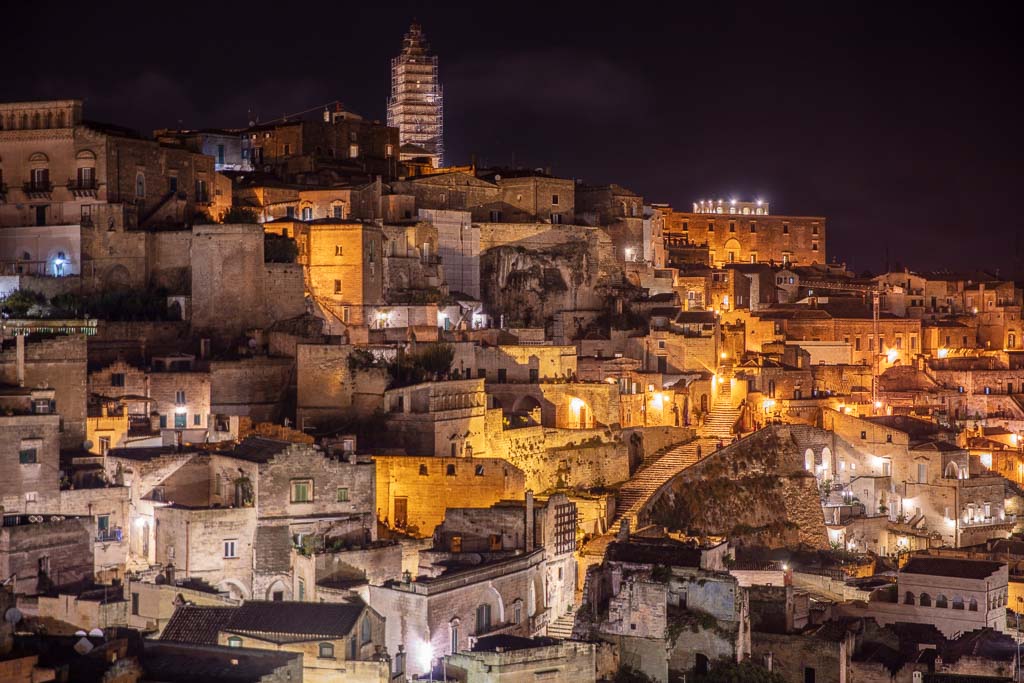
Cons
Being Late Is a National Sport
If you’re a person who hates being late, Italy may not be the right place for you to move to. Even though Italians are usually very friendly and approachable, this does not necessarily reflect their punctuality. If you manage to arrive at your appointment on time, consider yourself a genius. However, if your interview is planned to begin at 3 PM, expect yourself at the premises around 4-4:30 PM.
The Bureaucracy in Italy Can Be Overwhelming
After moving into an apartment that you’ve found via Craigslist or Airbnb, one of the first things you will probably do is look for a job. If you’re looking for work in Italy, be ready to go through the bureaucratic red tape. The Italian bureaucracy consists of three main steps:
- The first step is registration with the Anagrafe at your local town hall (Ufficio Dello Stato Civile)
- After you’ve registered yourself with the Anagrafe, you can look for a job and search through the vacancies.
- The third step is applying for your tax code (Codice Fiscale), which allows you to work, file for contracts and do all other legal activities.
During these three steps, ensure that you have all the required documents ready. These may include proof of your registration at the Anagrafe, proof of address, and more. As an expat in Italy, you will be asked to present all three steps while attending a job interview or looking for work. Make sure that you understand what is expected from you before arriving for any crucial appointment.
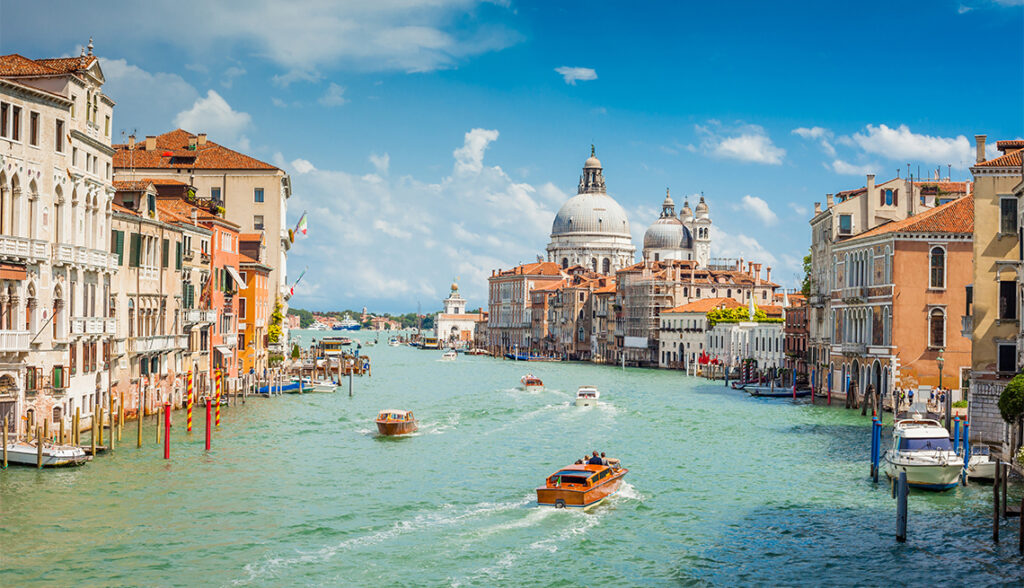
Job Interviews Can Be a Challenge
Many Italians may believe that a job interview is simply an opportunity for the employer to ask you questions about your experience and qualifications while also trying to understand more about who you are as a person. This is not always the case in Italy, where job interviews can be quite challenging.
You Should Know Italian to Get A Job
One of the cons of living in Italy is that you will be expected to speak Italian if you’re looking for an office job. Even if your profession doesn’t require you to speak Italian, this language may come in very handy when dealing with authorities and bureaucracy. Although there are English speakers who can help you translate, this doesn’t change the fact that a good command of Italian is a huge advantage.
Italy Is Expensive
Italy can be an expensive place to live. Many people tend to forget about hidden expenses such as transportation and taxation when looking at the initial cost of living in this country. You should also keep in mind that rent, food, gas, and other expenses are relatively high in Italy. We all know that pasta is delicious, but it may not be the most cost-effective meal to have every day.


